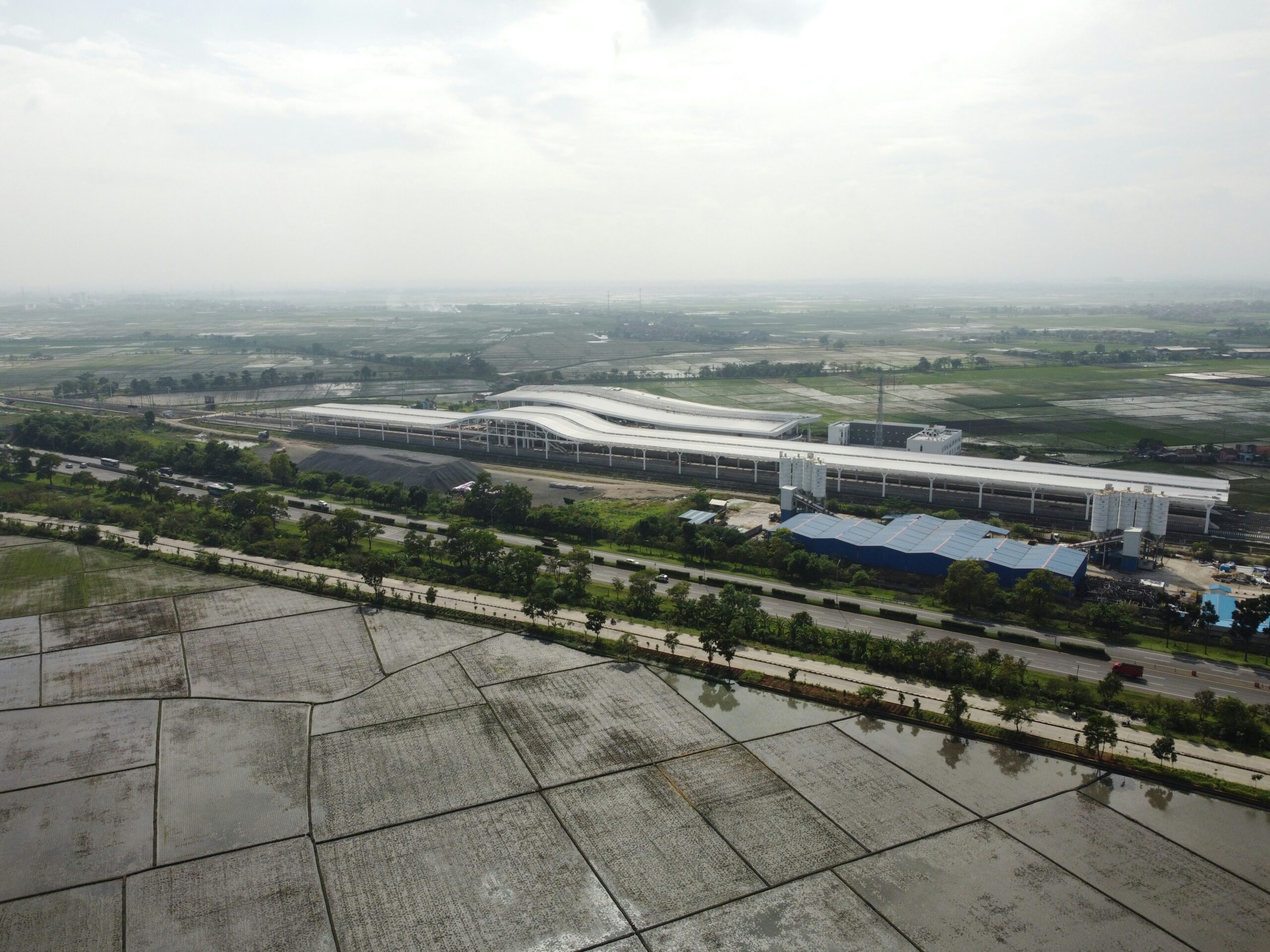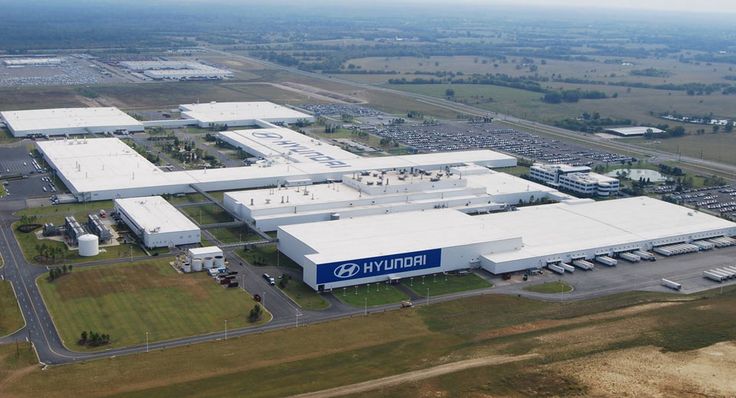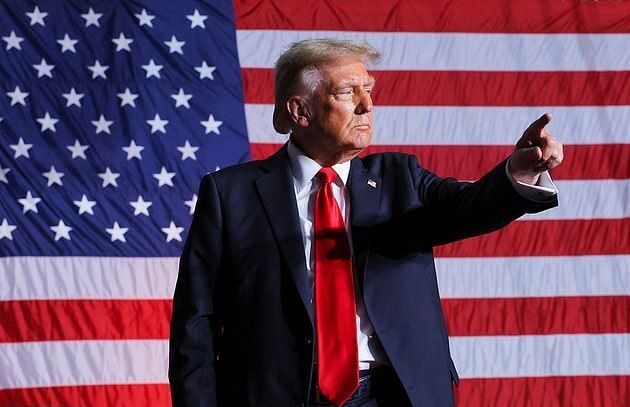South Korean President Lee Jae Myung has warned that Korean companies will be “very hesitant” to invest in the United States following last week’s US Hyundai Plant Immigration Raid at a Hyundai-LG battery plant in Georgia.
Speaking at a press conference marking the first 100 days of his presidency, Lee expressed deep concern over the incident and its potential impact on future cooperation between the two nations.
300+ South Korean Workers Detained and Released
The raid, carried out by US immigration authorities, resulted in the detention of 475 workers, more than 300 of whom were South Korean nationals. The workers were reportedly helping to install production lines at the plant, one of the largest foreign-investment projects in the state of Georgia.
Most of those detained were mechanics employed by a subcontractor and had various visas or were traveling under the visa waiver program, according to LG Energy Solution, which co-operates the facility with Hyundai.
After more than a day in detention, the workers were released and are expected to return home on Friday.
White House Ordered Delay in Workers’ Departure
President Lee revealed that the departure of the South Korean nationals was delayed due to a White House instruction. According to South Korean officials, President Donald Trump wanted to check whether some of the workers were willing to remain in the US to continue working and training local American employees.
“The situation is extremely bewildering,” Lee said. “It has long been common practice for Korean firms to send skilled workers to assist in setting up overseas factories. If this is no longer allowed, it will make establishing manufacturing facilities in the US much more difficult and cause companies to question whether such investments are worth the risk.”
South Korea Seeks Visa Solutions
Seoul is now negotiating with Washington to secure better visa options for Korean workers, with Lee stating that talks include both increasing visa quotas and potentially creating new visa categories specifically for technicians involved in overseas factory setup.
“I believe the US will address this issue if they see it as a practical necessity for maintaining investment and supply chain stability,” Lee said.
Potential Impact on US Investment
South Korea is one of the United States’ closest allies in Asia and has pledged tens of billions of dollars in investments in American manufacturing, particularly in the electric vehicle and battery sector.
The raid has been described by Korean media as a “shock” and has sparked fears of a “chilling effect” on future investments. The influential Dong-A Ilbo newspaper warned that the crackdown could discourage Korean companies from pursuing additional projects in the US.
Yonhap News Agency also published an editorial urging both nations to cooperate to repair any damage to their alliance and restore trust.
Political and Trade Implications
The timing of the raid has raised eyebrows in Seoul, as it comes during sensitive trade negotiations between the two governments.
US President Donald Trump defended the operation, stating that foreign firms must comply with American immigration laws but promised to make it “quickly and legally possible” for companies to bring in foreign workers when necessary.
On social media, Trump reiterated his call for foreign manufacturers to prioritize hiring American workers, adding that such raids were part of a broader policy to protect the US labor market.
Industry Reaction
Business leaders in both countries have voiced concerns that immigration crackdowns could disrupt critical projects and delay production timelines.
Executives from major Korean firms have reportedly urged Washington to provide clearer guidelines and a more predictable process for bringing skilled foreign workers into the US, noting that setting up complex production facilities requires experienced teams from the parent company.
Industry analysts warn that without streamlined visa procedures, supply chain disruptions could become more common, potentially slowing down electric vehicle production and other high-tech manufacturing projects that the US is relying on to compete globally.

A Test for the US-Korea Alliance
The incident is being closely watched as a test of the strength of the US-South Korea economic alliance, which has deepened in recent years amid shared concerns over China’s growing technological influence.
President Lee Jae Myung stressed that his administration would continue to work with Washington to find a mutually acceptable solution that allows Korean investment to flow smoothly while respecting US laws.
Looking Ahead
As the workers prepare to return home, the long-term impact of the US Hyundai plant immigration raid remains uncertain.
For now, South Korea is focused on ensuring the safe return of its citizens and preventing a repeat of such incidents in the future. Meanwhile, US officials face the challenge of balancing immigration enforcement with the need to attract and retain major foreign investments that create American jobs.
The outcome of the ongoing visa negotiations could determine whether Korean firms proceed with future multibillion-dollar projects in the United States — or shift their investments to other countries offering a more predictable business environment.
Source: BBC NEWS



